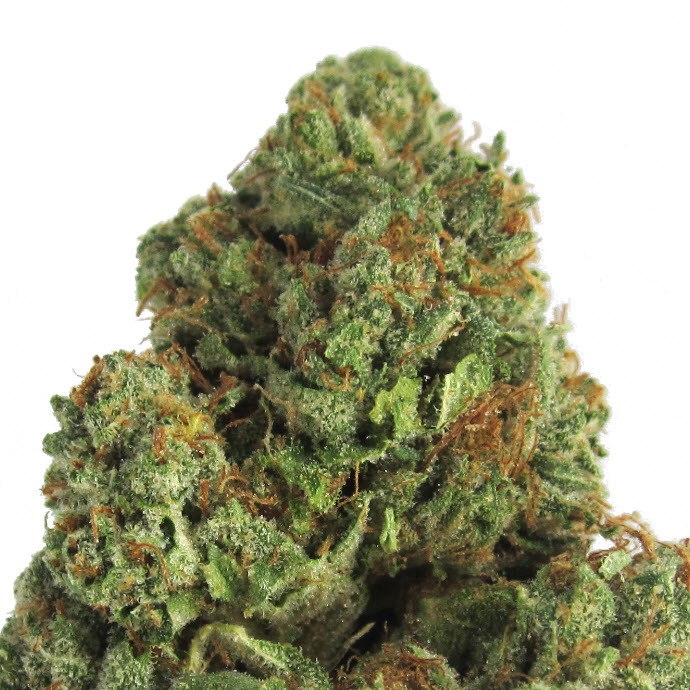

Maybe in some lives you just float around and expect nothing else and don’t even try to change. That you can choose choices but not outcomes. She wondered how many Dans there were in the world, dreaming of things they would hate if they actually got them.Īnd how many were pushing other people into their delusional idea of happiness? Sometimes regrets are just . . .’ She searched for the appropriate term and found it. Sometimes regrets aren’t based on fact at all. Maybe there is a life that you really want to live.’ Maybe you have a lack problem rather than a want problem. Sometimes if we fill that lack with something else the original want disappears entirely.

‘Want,’ she told her, in a measured tone, ‘is an interesting word. A quiet that had a presence, that was a force in the air. ‘There are a few of those.’īertrand Russell wrote that ‘To fear love is to fear life, and those who fear life are already three-parts dead’.Īnd then quiet again. The regret was ‘I regret not yet having children.’ ‘That is a regret that sometimes is and sometimes isn’t,’ explained Mrs Elm, again somehow reading her mind. One regret shifted from practically invisible to bold and back again, as if it was flashing on and off, right there as she looked at it.

She quickly realised they ranged from the minor and quotidian (‘I regret not doing any exercise today’) to the substantial (‘I regret not telling my father I loved him before he died’). The sequence of these lists changes all the time.’ Nineteen years before she decided to die, Nora Seed sat in the warmth of the small library at Hazeldene School in the town of Bedford. Would you have done anything different, if you had the chance to undo your regrets?’ To see how things would be if you had made other choices . . . Every book provides a chance to try another life you could have lived. ‘And within that library, the shelves go on for ever. ‘Between life and death there is a library,’ she said. My favorite ideas and passages from the book. The Midnight Library is true gift in that regard-a chance for us to revisit all our revisiting, make peace with our choices, so we can live the best today we can. Instead, put that energy into making the best choices we can today, rooted in who we are and what we want. Haig’s story is one that will have you considering your own life choices-especially the ones you think you got “wrong.” We can never know what the outcomes of alternate choices would be, and there’s no point in wasting time in this life thinking, worrying, and regretting. Whereas in every other life she had been continually grasping for clues and feeling like she was acting, in this one she increasingly found that the more she relaxed into it, the more things came to her. There’s more attracting, and less striving: And when we start to find the right one, I believe things get easier. You don’t have to live multiple lives to live the wrong one. When really success isn’t something you measure, and life isn’t a race you can win. Because too often our view of success is about some external bullshit idea of achievement – an Olympic medal, the ideal husband, a good salary. … what we consider to be the most successful route for us to take, actually isn’t. There is no one race, no one prize, no real victor: “Success” is something we should define for ourselves.

And don’t give a second thought when people mock it or ridicule it. ‘If you aim to be something you are not, you will always fail. A good reminder about authenticity-especially that most gossip is envy in disguise:


 0 kommentar(er)
0 kommentar(er)
